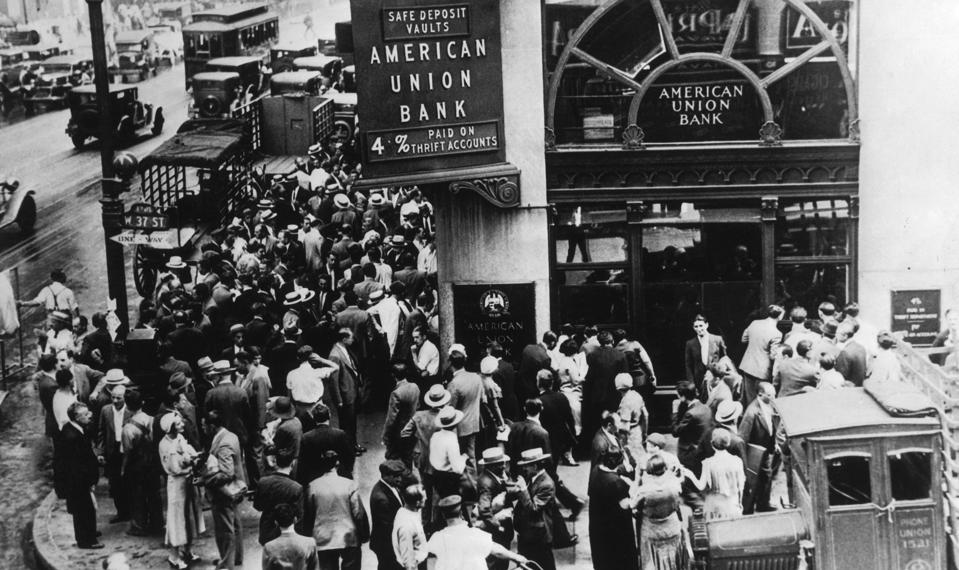
Real Estate
Forbes
What Most People Don’t Know About Our 250-Year History, Part I
Why This Matters
Capitalism and greed did not cause the Great Depression of the 1930s. Nor did they cause the Great Recession of 2007–2009.
July 27, 2025
06:48 PM
7 min read
AI Enhanced
Positive
FinancialBooklet Analysis
AI-powered insights based on this specific article
Key Insights
- The Federal Reserve's actions could influence market sentiment across sectors
- Financial sector news can impact lending conditions and capital availability for businesses
Questions to Consider
- How might the Fed's policy stance affect borrowing costs and economic growth?
- Could this financial sector news affect lending conditions and capital availability?
Stay Ahead of the Market
Get weekly insights into market shifts, investment opportunities, and financial analysis delivered to your inbox.
No spam, unsubscribe anytime